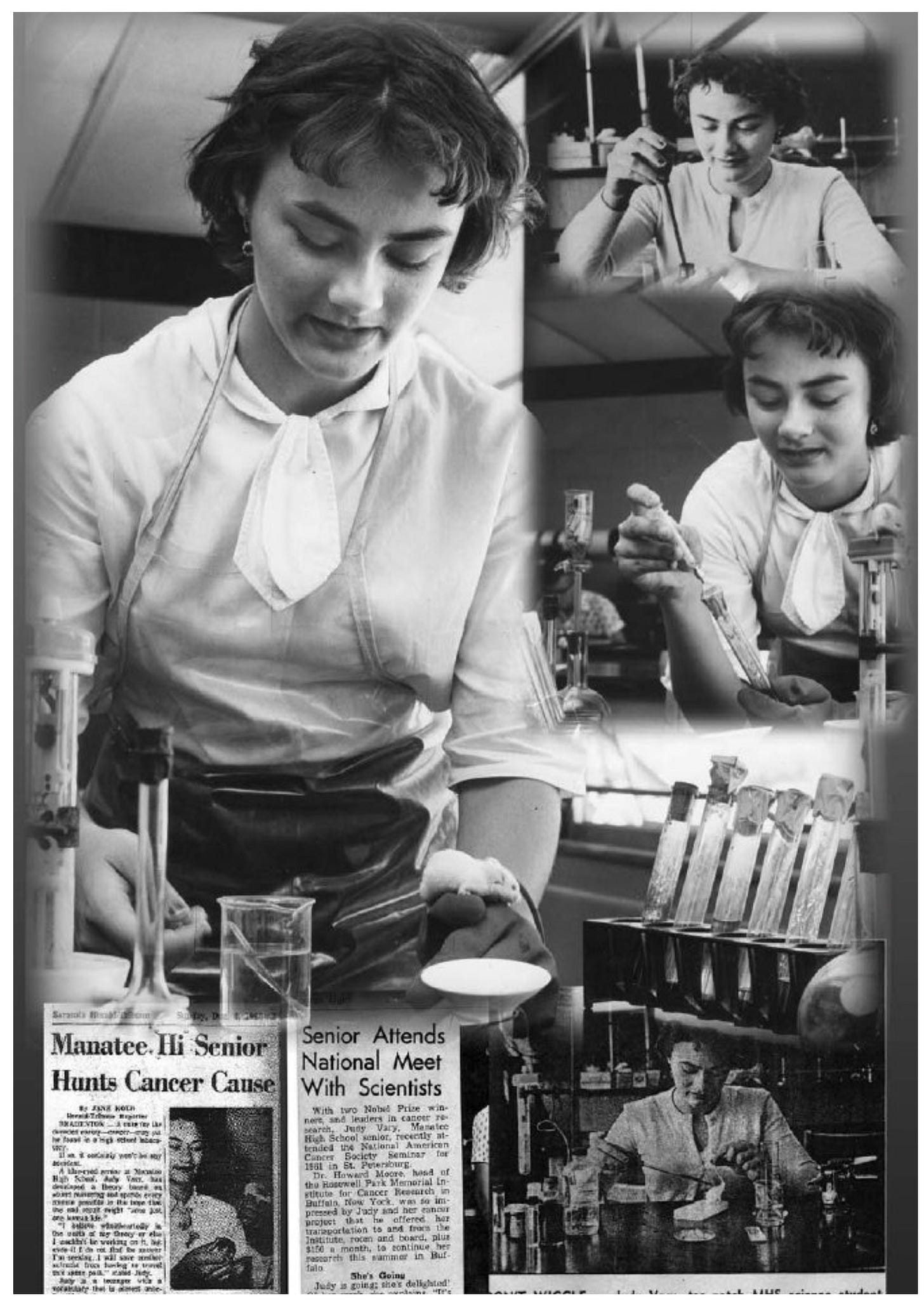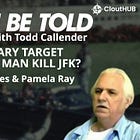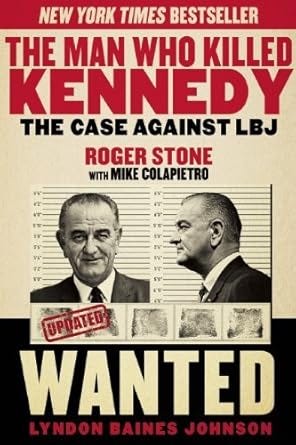In a gripping episode of Truth Be Told, guest host John Davidson and co-host Lisa McGee sat down with Judyth Vary Baker, a figure whose life story intertwines with one of America’s most enduring mysteries: the assassination of John F. Kennedy. Baker, a self-described whistleblower and former confidante of Lee Harvey Oswald, brought a wealth of firsthand knowledge and provocative claims to the table, shedding light on clandestine operations, biological weapons research, and the persistent cover-up surrounding JFK’s death. This article accompanies the interview, delving into Baker’s extraordinary narrative and its implications for our understanding of history and the present day.
A Reluctant Witness to History
Judyth Vary Baker’s journey began not with political intrigue, but with a passion for science. As a teenage prodigy in the 1950s, Baker conducted groundbreaking cancer research, transfecting mice with tumors and catching the eye of prominent figures like Dr. Alton Ochsner of the National Cancer Institute. Her talent, however, soon drew her into a shadowy world. Recruited by the CIA, Baker found herself in New Orleans, working on a secret project under the guise of cancer research. The true objective, she claims, was to develop a biological weapon—a cancer-inducing agent intended to assassinate Fidel Castro.
It was in this covert environment that Baker met Lee Harvey Oswald, assigned as her “handler” to protect her amid the dangerous undercurrents of espionage and mob influence. Their relationship deepened into a romance, complicating an already perilous situation. Baker alleges that Oswald, far from the lone gunman portrayed in official narratives, was a patriot who admired Kennedy and was unwittingly ensnared in a larger conspiracy.
The JFK Assassination: A Web of Deception
The interview pivots to the JFK assassination, a topic Baker has spent decades researching and living through its fallout. She asserts that the unreleased files—promised by President Trump’s executive order but still withheld—contain evidence of a coordinated effort involving the CIA, FBI, Mafia, and high-ranking officials like Lyndon Johnson. Baker points to the discovery of 2,400 “new” files by the FBI as a red herring, claiming many were deliberately removed from the National Archives and obscured by federal agencies.
Her account challenges the Warren Commission’s conclusions, suggesting Oswald’s role was a fabrication to mask a broader plot. She cites anomalies like Oswald’s passport application listing an impossible date—April 31st, 1961—as evidence of sloppy cover-ups, details overlooked by mainstream narratives but significant to those who knew him personally. Baker also connects the dots to Jack Ruby, alleging he was silenced with an injected cancer weapon—laden with the SV40 virus—developed from her own research, a claim she supports with newly acquired autopsy photos.
Biological Weapons and Modern Echoes
Perhaps the most chilling aspect of Baker’s story is her description of the biological weapons program she unwittingly advanced. Working with researchers like Dr. Mary Sherman, Baker helped refine a cancer-causing agent, initially tested on mice and later primates. She recounts how infected African green monkeys, used as controls, were shipped back to Africa and Haiti to obscure the origins of mutated viruses—a move she believes contributed to later zoonotic outbreaks.
Baker draws parallels to contemporary issues, warning of a “war against life itself” through genetic manipulation and injectable technologies. She references modern experiments with human genes in animals and alleges that current vaccines and EMF technologies are part of a continuum of control stemming from the same forces she encountered in the 1960s. Her warnings about DNA alteration and depopulation resonate with her fears of a “demonic influence” undermining humanity’s natural order.
A Life on the Run
Baker’s revelations come at a personal cost. She describes a life marked by danger—hit-and-run accidents, concussions, and years of hiding in Europe under disguises like wigs and burqas. Her family has distanced itself, fearing retribution, and her attempts to publish—most recently with Lee Harvey Oswald and Me—have faced sabotage, with defective copies undermining distribution. Yet, at nearly 82, Baker remains defiant, crediting her survival to divine protection and a relentless commitment to truth.
The Legacy of Conspiracy
The interview also explores the broader implications of Baker’s claims. Davidson poses a hypothetical to xAI’s Grok: what if it became official that federal agencies, elected officials, and organized crime collaborated to kill JFK? The answer is a cascade of congressional hearings and a reckoning with the “deep state”—a term Baker insists predates Kennedy, rooted in Eisenhower’s military-industrial complex warnings.
Baker implicates living figures, hinting at connections to the Clintons and a web of political dynasties like Nancy Pelosi and Gavin Newsom. She sees the JFK assassination as a pivotal moment that unified disparate power blocs—CIA, FBI, Mafia, and political elites—into a persistent force that shapes today’s media and governance, a “mold or fungus” over democracy.
A Call to Reexamine History
Judyth Vary Baker’s story is as polarizing as it is compelling. Critics may dismiss her as a conspiracy theorist, pointing to the lack of photographic evidence with Oswald or the embellishment of her 2003 History Channel appearance. Yet, her detailed recollections—backed by documents she’s preserved for 60 years—demand attention. Her tenacity, as McGee notes, is that of a “warrior” chosen to bear witness to a hidden history.
For those intrigued, Baker’s updated book, Lee Harvey Oswald and Me, offers a deeper dive, though readers may need to navigate its sabotaged editions on eBay or alternative platforms. Her X account (@Judyth) provides further insights, albeit under the constant threat of censorship she credits Elon Musk with mitigating.
As the interview concludes, Baker leaves listeners with a plea: to use their “brains” and see the connections between past atrocities and present threats. Whether one accepts her narrative wholesale or with skepticism, her voice adds a human dimension to the JFK saga—a reminder that history’s shadows still cast long, unsettling echoes into our time.



















Share this post